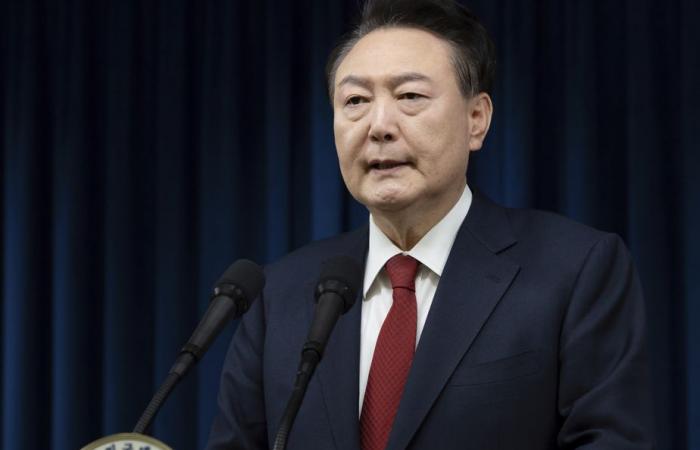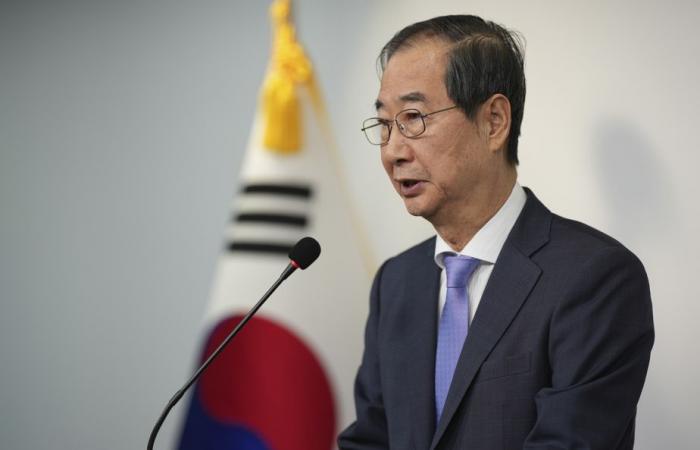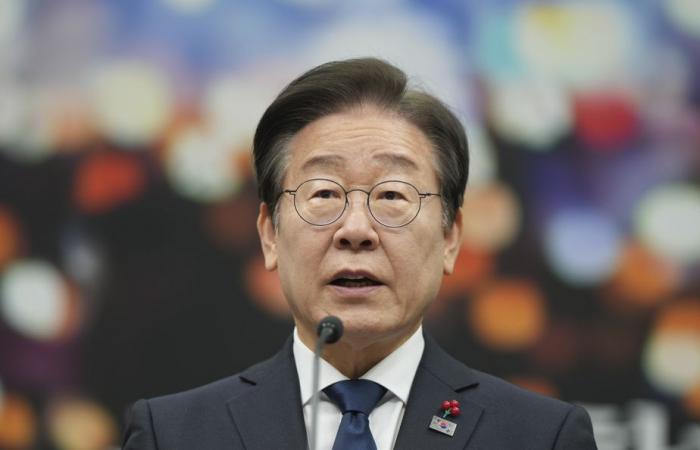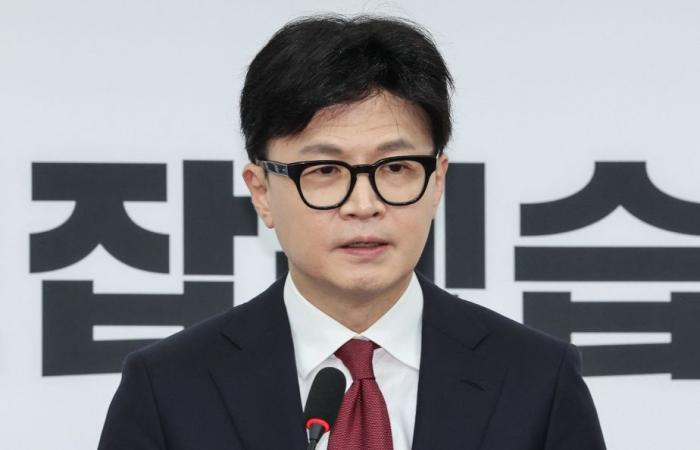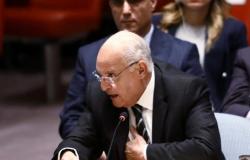(Seoul) The South Korean Constitutional Court holds a first meeting on Monday to discuss the timetable for the impeachment procedure of Yoon Suk-yeol, president ousted by Parliament for his failed attempt to impose martial law.
Posted at 5:42 p.m.
Updated at 9:53 p.m.
Kang Jin-kyu
Agence France-Presse
The Constitutional Court has approximately six months to rule on the validity of this motion adopted Saturday evening by the deputies, who thus suspended the unpopular leader and sanctioned the brief martial law of the night of December 3 to 4 which had stunned the country and precipitated his fall.
If confirmed, Mr. Yoon will be deposed and a presidential election must be held within two months. The winner will be invested the day after the result, without the usual transition period.
During this period of up to eight months, Prime Minister Han Duck-soo will act as interim minister. In his first words as temporary leader, he pledged to do everything possible to ensure “stable governance”.
PHOTO LEE JIN-MAN, ARCHIVES ASSOCIATED PRESS
Le Prime Minister Han Duck-soo
The President of the Court, Moon Hyung-bae, promised shortly after the vote a “speedy and fair procedure”.
The Constitutional Court normally has nine judges, but three retired in October without being replaced, due to the political deadlock in the country.
Six votes being required to ratify an impeachment, a unanimous judgment will be necessary to dismiss Yoon Suk-yeol.
But according to most experts, there is little doubt about the outcome, as the violations of the Constitution and the law accused of Mr. Yoon are blatant.
Opposition leader Lee Jae-myung said on Sunday that a quick decision was “the only way to limit the national unrest and alleviate the suffering of the people.”
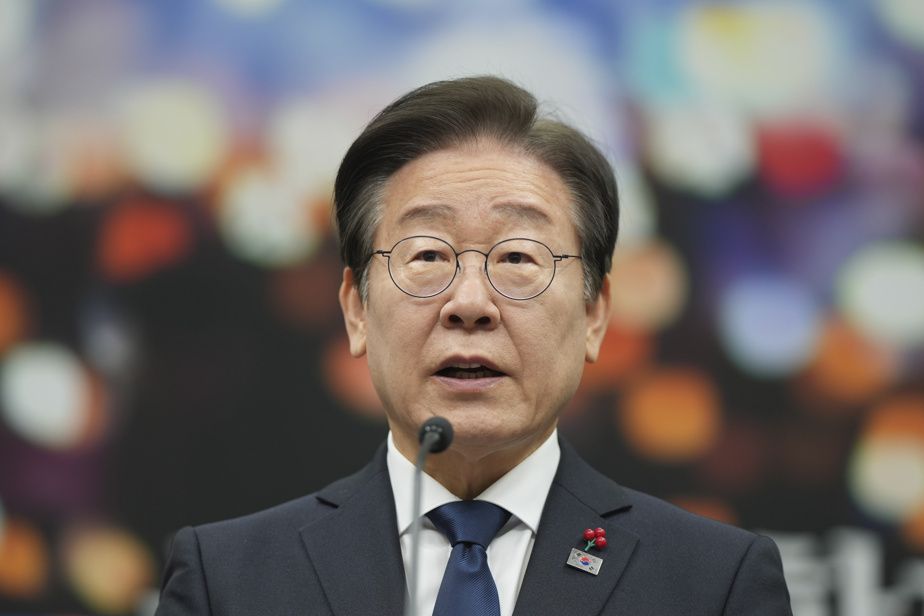
PHOTO LEE JIN-MAN, ARCHIVES ASSOCIATED PRESS
Lee Jae-myung, leader of the opposition
A political star entangled in affairs that could cost him his eligibility, Mr. Lee is a favorite among analysts in the event of a new election. In 2022, he lost to Mr. Yoon by the narrowest margin in South Korean history.
Lee Jae-myung was convicted in November of violating election laws, but the verdict was stayed. If convicted, he would no longer be able to appear.
If, however, he were elected before the decision, the proceedings would be interrupted, due to presidential immunity.
Investigation for “rebellion”
Yoon Suk-yeol stunned the country by declaring martial law by surprise and sending the army to Parliament to muzzle him, before backing down barely six hours later under pressure from the National Assembly and protesters. .
The leader of his People’s Power Party (PPP), Han Dong-hoon, announced his resignation on Monday at a press conference offering his “sincere apologies to all those who suffered due to martial law.”
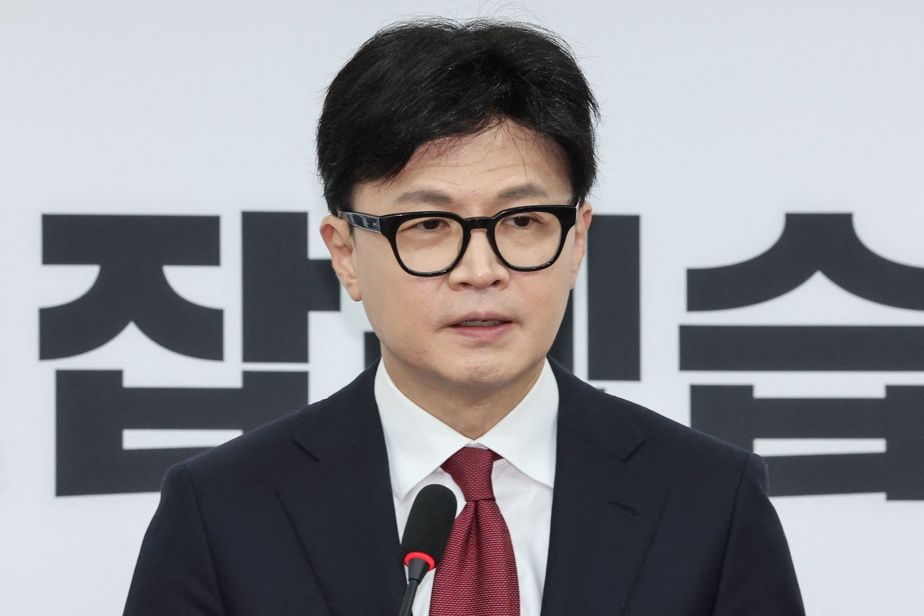
PHOTO PROVIDED BY YONHAP, AGENCE FRANCE-PRESSE ARCHIVES
Han Dong-hoon, head of the People’s Power Party
Mr. Han had publicly supported the impeachment motion. “I still don’t regret” his adoption, he assured.
The unpopular deposed leader, 63, is now under criminal investigation for “rebellion”, a crime theoretically punishable by death, and is no longer allowed to leave the country.
The former star prosecutor “refused” to appear in court on Sunday, with prosecutors announcing that they would summon him a second time.
If his impeachment is confirmed, he would become the second South Korean president officially removed from office, after Park Geun-hye in 2017.
For Mme Park, charged with corruption, the Court ratified Parliament’s decision 92 days after its vote.
There is, however, a reverse precedent. In March 2004, MPs also passed an impeachment motion against Roh Moo-hyun, but it was invalidated two months later by the Constitutional Court.
North Korea, which has been trickling its reactions since the start of the unrest in its neighbor, on Monday described Yoon Suk-yeol as “leader of the rebellion”, according to the official KCNA agency.
As usual, Mr. Yoon has also been called a “puppet” by North Korean state media, which considers him to be under the thumb of the United States.

